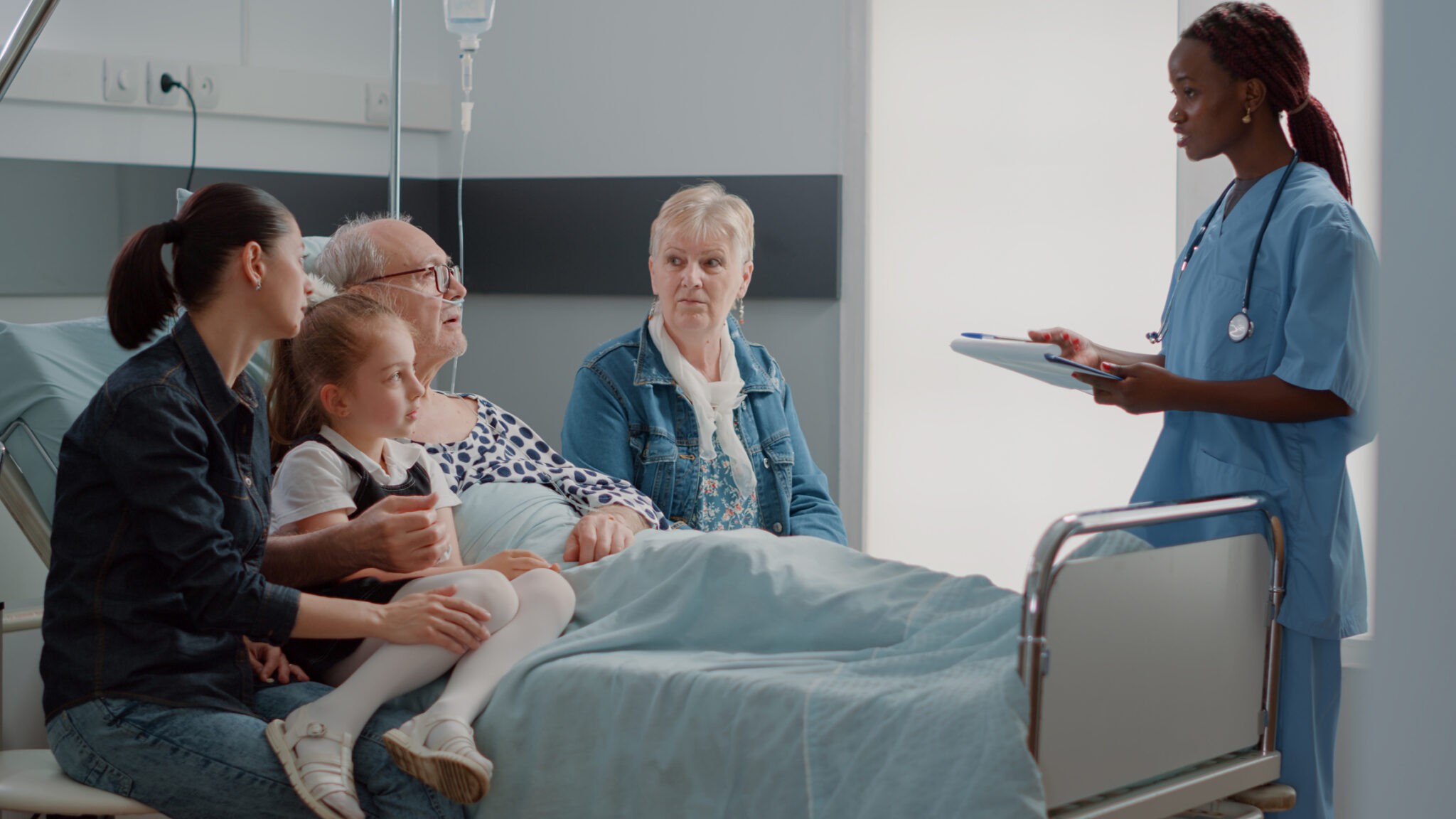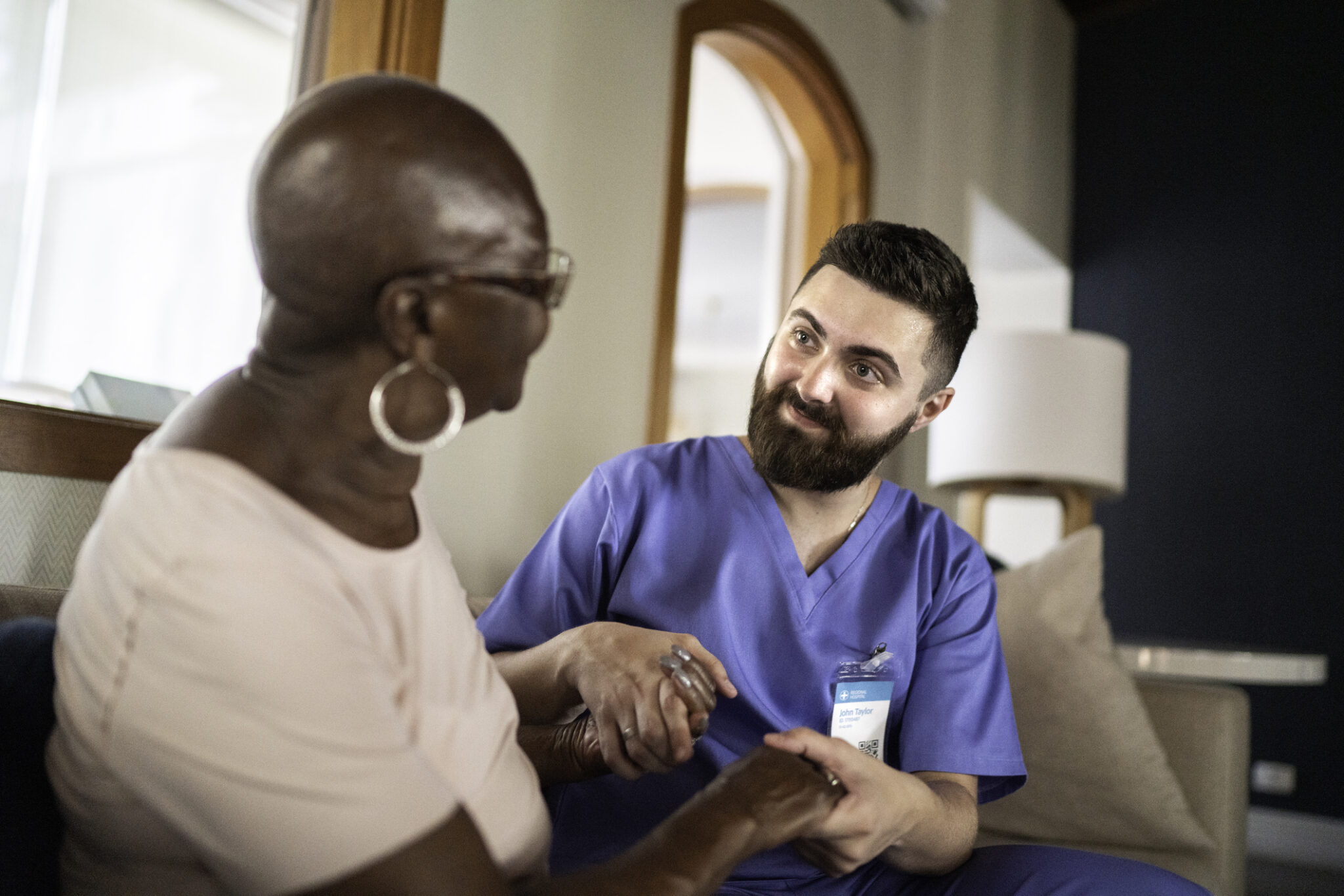This course will shine a light on a critical but often misunderstood caregiving role on the hospice team: the hospice chaplain. We will demystify common misconceptions and assumptions about the work chaplains do. Participants should leave this course equipped to effectively partner with chaplains to meet the holistic needs of hospice patients, their families, and Read More
This two-part series is a comprehensive review of the most common symptoms that cause discomfort at end-of-life. Part 1 focuses on assessing and treating pain, dyspnea and anxiety. Part 2 focuses on assessing and treating nausea/vomiting, delirium, agitation and constipation. These courses discuss how these symptoms are typically treated and which medications to initiate for Read More
In this program we will discuss challenges that healthcare professionals face due to difficult family dynamics as well as five strategies for managing family behaviors and discord among family members.
This class will look at the issues faced by LGBT older adults nearing end of life. We will discuss strategies and resources for improving care of our LGBT elders.
In this program we will take a closer look at late-stage Parkinson’s disease in relation to mortality, risk factors, and caregiver burden, as well as benefits and eligibility for palliative and hospice care.
This program will offer clinicians a better understanding of this disease. We will discuss how it differs from other neurological disorders, diagnosis, complications, treatments and the different stages of this disease. We will also answer some of the most common questions that are asked of the medical community.
Learn the unique benefits of hospice care, when a patient qualifies and how the clinical team supports individuals and families in this 1-hour course.
This course reviews best practices for identifying and managing pain. Utilizing case scenarios participants will learn to formulate an effective plan of care. Discussions will explore barriers to adequate pain management including the myths and facts about morphine.
In this 1-hour course, participants will learn how to best initiate difficult conversations about goals of care, advance directives and terminal illness. We will discuss methods to determine an individual and family’s wishes as well as how to introduce hospice services.
This two-part series is a comprehensive review of the most common symptoms that cause discomfort at end-of-life. Part 1 focuses on assessing and treating pain, dyspnea and anxiety. These courses discuss how these symptoms are typically treated and which medications to initiate for maximum effectiveness. The courses use assessment tools and case scenarios to promote Read More






